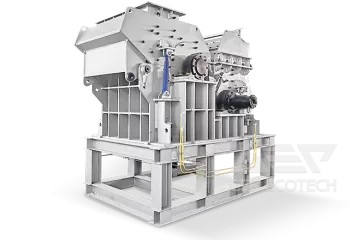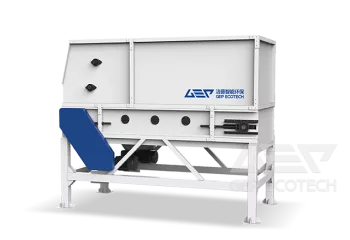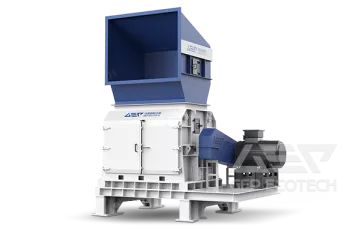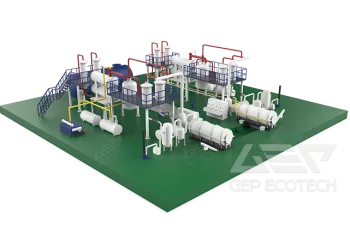Governments all over the world are faced with how to manage municipal solid waste. Although strengthening recycling technology can reduce a large part of waste, a large part of municipal solid waste is still landfilled. Landfill means waste of resources. Moreover, dangerous toxins can leach into soil and water and produce methane (CH4) and carbon dioxide (CO2) emissions, which can lead to climate change. The RDF production line can convert a large part of the municipal solid waste into RDF for reuse. It is a good helper for the recycling of municipal solid waste. Let us briefly understand it below.
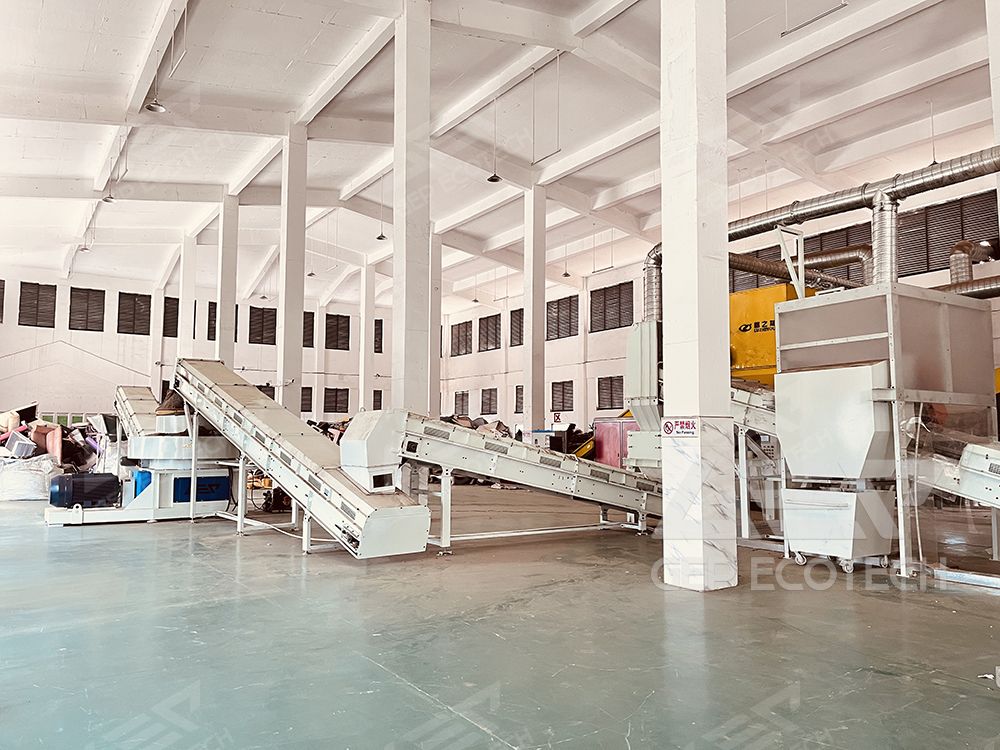
The process of RDF plant
In order to produce standard solid fuel, municipal solid waste goes through a series of processes. Domestic waste contains many different materials, which need to be mechanically separated into high-calorie and low-calorie parts. This process involves crushing, screening and sorting materials. Remove metals, inert substances and organic matter; light substances with high calorific value (such as plastics, textiles and paper) will remain.
The separation problem in RDF plant
The production of RDF begins with the separation of non-combustible wastes such as metals and glass from combustibles. Larger items must be crushed into smaller pieces. Ideally, in the separation phase, harmful substances will be removed, but unfortunately, this rarely happens. Another serious challenge in manufacturing RDF is moisture, especially in underdeveloped or tropical countries. Since organic materials are not separated from the source, the water content of municipal solid waste is very high. Many RDF factories separate some organic matter and sell it as compost.
The municipal solid waste is crushed, sorted, separated, dried and produced into bundles or granular RDF through the RDF plant. RDF is a renewable solid fuel used to generate energy, which can be used in the cement industry, steel furnaces, power stations, instead of coal and oil, or incinerated in waste-to-energy plants. After treatment, the domestic waste becomes a usable resource. The RDF plant is indeed a good helper for the recycling of municipal solid waste!


